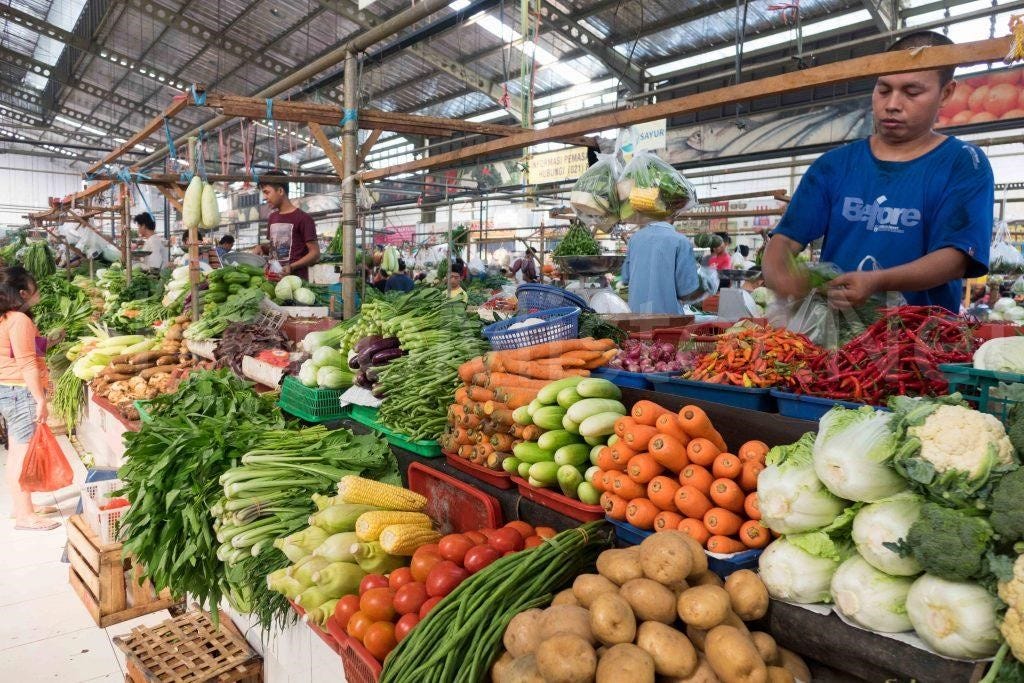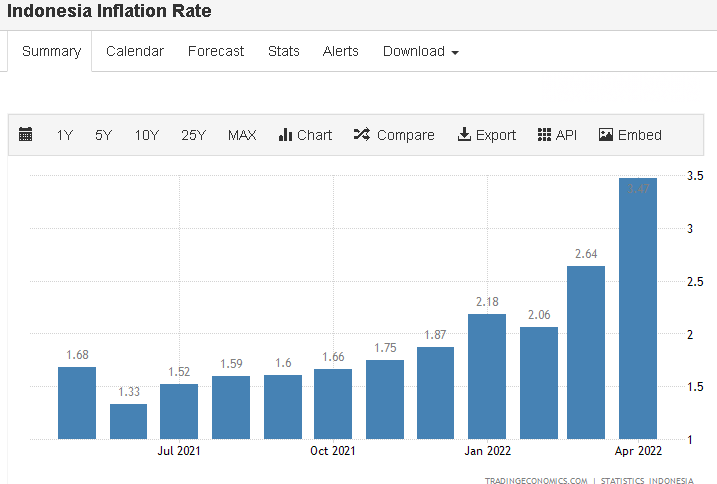By: Muhammad Zulfikar Rakhmat and Yeta PurnamaThe deteriorating situation in China over its inability to control the Covid-19 coronavirus through the world’s most stringent lockdowns is having a significant impact on the Indonesian economy, spiking prices of consumer goods and leaving Bank Indonesia, the central bank, struggling to maintain price stability to control inflation within the 3.0 percent plus-or-minus 1 percent target corridor. According to David Sumual, an economist from Bank BCA, the impact of China's condition can be seen in the prices, especially of finished goods, consumption, and semi-finished goods which are highly dependent on imports from China. China’s status among nations affected by the coronavirus is actually quite low. It ranks only 110th with 224,000 infections and only 5,300 deaths, compared with the United States with 85 million infections and more than 1 million deaths. But President Xi Jinping’s so-called “zero-covid” policy has put the brakes on China’s economy. Domestic retail sales were off by 11.1 percent in April year on year, annual industrial production is down by 1.9 percent and unemployment has surged to the highest level on record. Exports have slowed sharply to 3.9 percent annually as efforts to curb the outbreak have clogged highways and ports and forced companies to suspend operations… The text above is just an excerpt from this subscriber-only story.To read the whole thing and get full access to Asia Sentinel's reporting and archives, subscribe now for US$10/month or US$100/year.This article is among the stories we choose to make widely available.If you wish to get the full Asia Sentinel experience and access more exclusive content, please do subscribe to us for US$10/month or US$100/year. |



